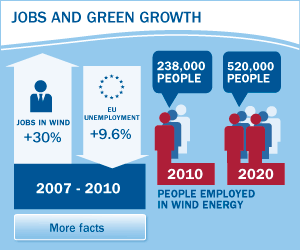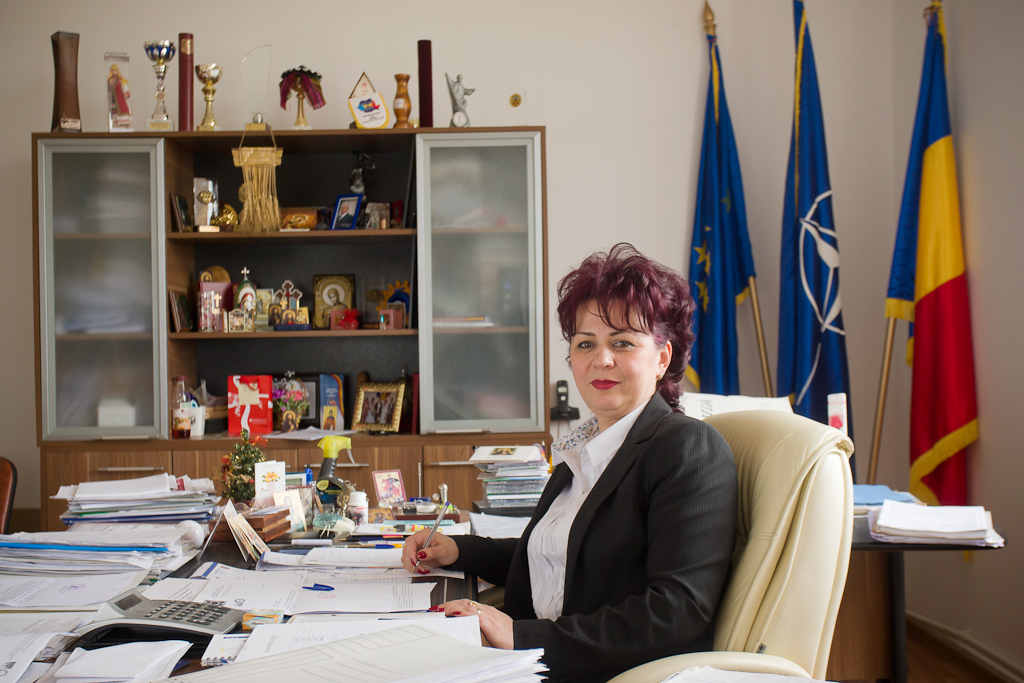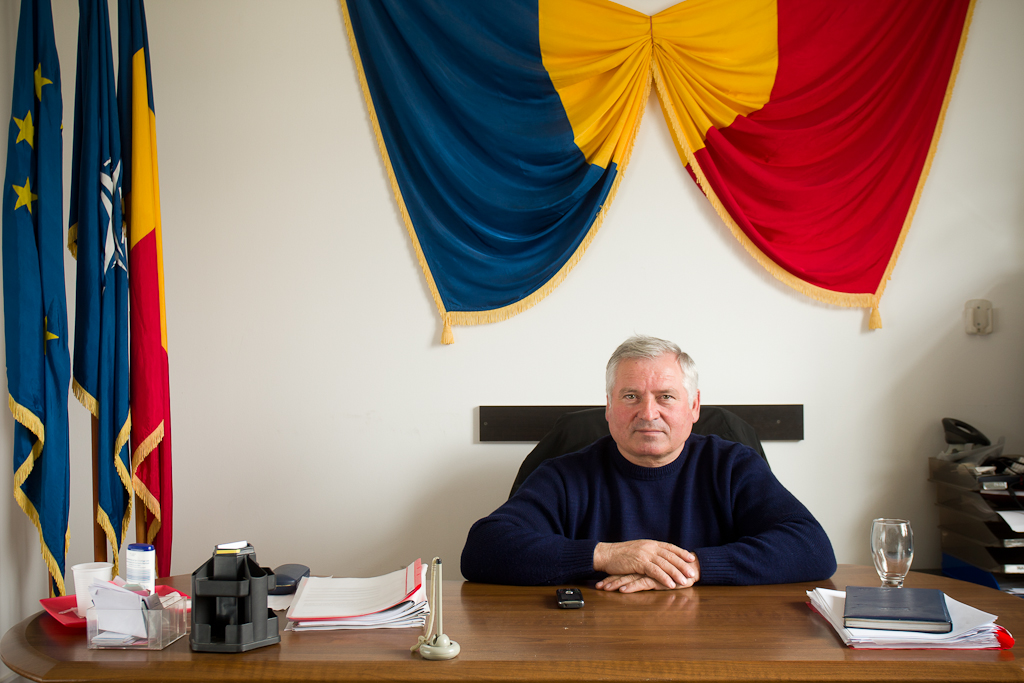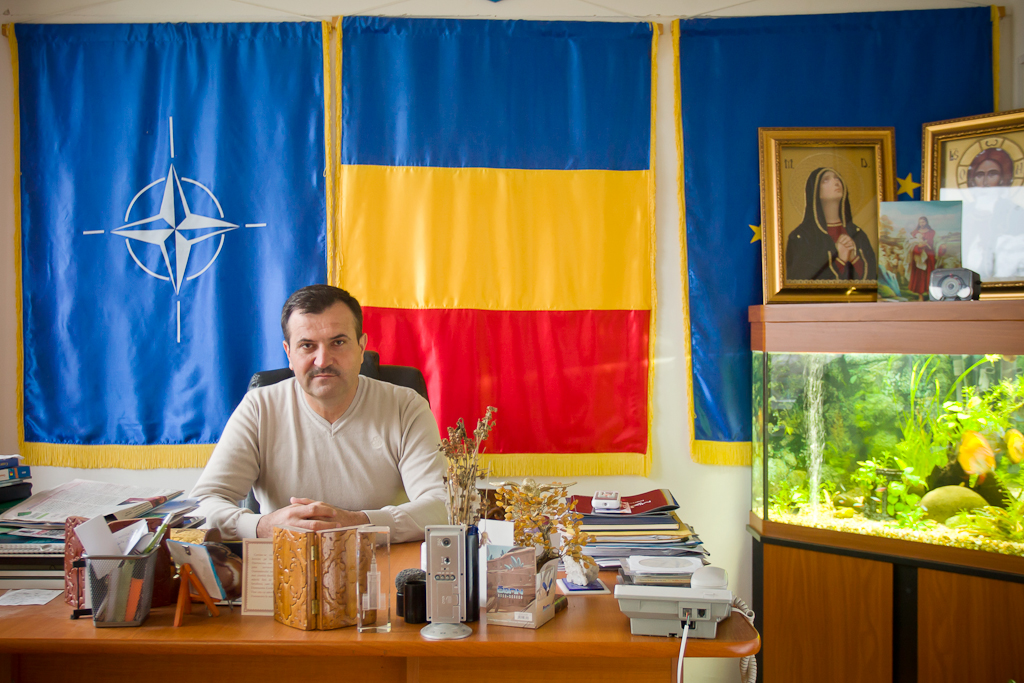In association with Global Wind Day, photographer Robert van Waarden travels to three different communities in Romania that have been inspired by wind energy. Read their stories below, and think about submitting your own wind energy inspired story and photo to the Global Wind Day 2013 photo competition which closes on 12 May!
Roşu Nuţi
Mayor of Progresu and Fácáeni
Romania
Population: 7200
Roşu Nuţi was born in Progresu and has been the mayor here for 10 years. Her ambitious spirit is apparent the moment she walks in a room and if you need proof of how hard she works, one glance at her overflowing desk should help.
When Roşu first heard about the plan to construct a 44 turbine wind farm in the community, she immediately saw the benefits. However, as is always the case with something new in a community, there was some confusion and pessimism among the citizens.
Roşu spent a lot of energy organising and convincing the village that this was a good idea. Eventually they came around and ground will be broken on the project this year.
For Progresu and Fácáeni the money injected into the local economy will have a clear benefit. Infrastructure here is underdeveloped: roads are poor and horse-and-cart is still the mode of transport for many. Any local jobs that are created will be welcome in a village with an unemployment rate of 45%.
“The earth won’t be able to give us fossil fuels for eternity, and when we take into account the nuclear plant nearby, we prefer to have a field of turbines,” says Roşu.
continue reading »
 Comments Off on Three mayors, three communities, one wind
Comments Off on Three mayors, three communities, one wind
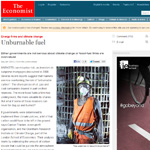 The reason fossil fuel firms are not trying to reduce their carbon emissions could be due to uncertainty on climate and energy policy, suggests the Economist in a recent editorial.
The reason fossil fuel firms are not trying to reduce their carbon emissions could be due to uncertainty on climate and energy policy, suggests the Economist in a recent editorial.
The paper cites cuts in renewable energy support schemes as one of the elements influencing investors. “Companies are betting that government climate policies will fail.”
This is exactly what EWEA has been warning for many months:
“The financial and economic crisis has provoked a wave of uncertainty across the European Union since 2010, with national governments making damaging retroactive changes to policies and regulations for wind energy.”
The Economist added that in mid-April the European Parliament voted against attempts to shore up Europe’s emissions trading system, the world’s largest carbon market, against collapse.
continue reading »
 Comments Off on “Companies are betting that government climate policies will fail” – The Economist
Comments Off on “Companies are betting that government climate policies will fail” – The Economist
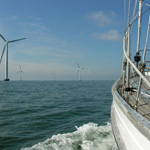 The 1 May celebrations in Europe last week were tainted by historically high unemployment levels, a miserable macroeconomic outlook and a battered climate and energy policy. The challenges facing Europe’s economy are many. But it is beyond doubt that a thorough modernisation of our energy supply remains an important part of the solution.
The 1 May celebrations in Europe last week were tainted by historically high unemployment levels, a miserable macroeconomic outlook and a battered climate and energy policy. The challenges facing Europe’s economy are many. But it is beyond doubt that a thorough modernisation of our energy supply remains an important part of the solution.
Every single day the EU spends almost a billion Euros in oil imports. This is far from being the best way for Europe to strengthen its competitiveness, public finances, employment and security of supply. At the same time, an outdated and poorly connected electricity grid continues to impose unnecessarily high energy prices on businesses and consumers.
In many Member States the economic crisis has led “cheap energy” to become a mantra for business and policy makers. I couldn’t agree more. Accordingly, it is all the more important that the setting of energy prices is based on fair and transparent accounting methods. Therefore the cost of pollution should, obviously, be included as should the hidden subsidies from which both fossil fuels and nuclear energy benefit so hugely.
We must keep in mind that what is cheap energy today will not necessarily remain cheap tomorrow. In the past, we have time and again underestimated the development of the oil price. Given that the European continent possesses no significant fossil energy reserves, and is already importing more than half its energy, it would be a high-risk game, both from an economic and from a security policy point of view, to base our long-term energy strategy on what is cheap here and now.
continue reading »
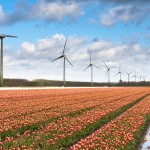 The Dutch government recently published its draft plans aimed at better managing the growth of onshore wind power in the country to the satisfaction of the Dutch Wind Energy Association (NWEA).
The Dutch government recently published its draft plans aimed at better managing the growth of onshore wind power in the country to the satisfaction of the Dutch Wind Energy Association (NWEA).
The plan sets out how at least 6,000 megawatts of onshore wind power can be installed in the Netherlands in the coming years. New installations are “crucial” if the country is to meet its 2020 renewable targets, according to the NWEA. The recently elected coalition government pledged earlier this year to source 16% of the country’s final energy consumption from renewables by 2020. This is a slight increase compared to the country’s 14% target under the EU renewables directive, but will mean a significant increase in the country’s wind power given that only 2.4 GM of energy are currently provided by wind.
For the past two years, differences of opinion between the Dutch government and the provinces over who has control of certain areas of land has stifled growth in the wind sector. An administrative agreement between the central and regional authorities at the start of the year, followed by plans setting out how land can be used for onshore turbines, means that projects that have been stalled can get back on track and “we can make up for lost time,” says Ton Hirdes, director at NWEA.
continue reading »

Thomas Becker, EWEA CEO.
Commenting on the call from BusinessEurope Director General Markus J Beyrer on EU energy policy, European Wind Energy Association CEO Thomas Becker had this to say;
It sounds a little old fashioned when BusinessEurope claims that fighting climate change is not compatible with cost-competitiveness and security of supply. What have they been doing for the last 15 years? What planet were they on?
The main problem of the energy situation today in Europe is the massive subsidies – still in 2013 – going to fossil fuels and nuclear.
If that was corrected and with a properly functioning electricity market there would be no discussion of what choice policy makers would make for the energy mix.
But even without such a correction, wind energy is already cheaper than nuclear, and in an increasing number of locations already cost competitive with new gas and coal.
continue reading »
 Comments Off on EWEA CEO: BusinessEurope “on another planet” on energy policy
Comments Off on EWEA CEO: BusinessEurope “on another planet” on energy policy
